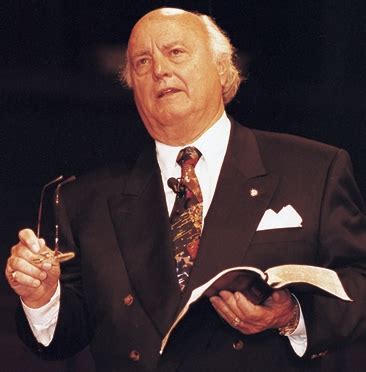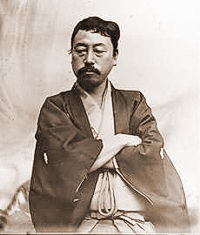A Quote by Edwin Louis Cole
Conscience allows us to do two things: Pass judgment on ourselves; approve or condemn our own conduct.
Related Quotes
Traveling through the world produces a marvelous clarity in the judgment of men. We are all of us confined and enclosed within ourselves, and see no farther than the end of our nose. This great world is a mirror where we must see ourselves in order to know ourselves. There are so many different tempers, so many different points of view, judgments, opinions, laws and customs to teach us to judge wisely on our own, and to teach our judgment to recognize its imperfection and natural weakness.
Although our moral conscience is a part of our consciousness, we do not feel ourselves on an equality with it. In this voice which makes itself heard only to give us orders and establish prohibitions, we cannot recognize our own voices; the very tone in which it speaks to us warns us that it expresses something within us that is not of ourselves.
But what of the voice and judgment of conscience? The difficulty is that we have a conscience behind our conscience, an intellectual one behind the moral. ... We can see quite well that our opinions of what is noble and good, our moral valuations, are powerful levers where action is concerned; but we must begin by refining these opinions and independently creating for ourselves new tables of values.
Things and persons appear to us according to the light we throw upon them from our own minds. How unconsciously we judge others by the light that is within ourselves, condemning or approving them by our own conception of right and wrong, honor and dishonor! We show by our judgment just what the light within us is.
How we conduct ourselves in this life will determine what we will be in all the eternities to come. To receive the blessings of the sealing that our Heavenly Father has given to us, we have to keep the commandments and conduct ourselves in such a way that our families will want to live with us in the eternities.
Though we are commanded to 'wash ourselves', to 'cleanse ourselves from sins', to 'purge ourselves from all our iniquities', yet to imagine that we can do these things by our own efforts is to trample on the cross and grace of Jesus Christ. Whatever God works in us by his grace, he commands us to do as our duty. God works all in us and by us.
Whether God has decreed all things that ever come to pass or not, all that own the being of a God, own that He knows all things beforehand. Now, it is self-evident that if He knows all things beforehand, He either doth approve of them or doth not approve of them; that is, He either is willing they should be, or He is not willing they should be. But to will that they should be is to decree them.
In order to find God in ourselves, we must stop looking at ourselves, stop checking and verifying ourselves in the mirror of our own futility, and be content to be in Him and to do whatever He wills, according to our limitations, judging our acts not in the light of our own illusions, but in the light of His reality which is all around us in the things and people we live with.



































